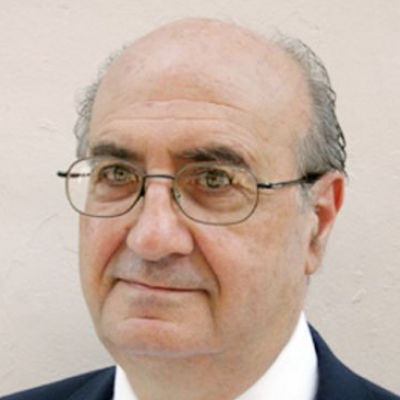Is Russian Winter Turning Into Spring?
Why is the animating spirit of the Arab Spring taking hold in Russia?
January 13, 2012
Russia cannot be understood with the mind
Or measured with a common yardstick,
She has a peculiar character —
In Russia, one can only believe.
Thus wrote Fyodor Ivanovich Tyutchev (1803-1873), considered one of the last three great Romantic poets in Russia. Perhaps Prime Minister Vladimir Putin should have remembered those words when he dismissed the reaction of the Russian people to the last parliamentary elections in the country, which the people widely considered to have been rigged.
Although Russia under Mr. Putin, and his designated successor Dmitry Medvedev, has achieved progress in several areas — incomes have increased, there are more consumer goods available, and people are free to travel — the tens of thousands of people demonstrating in the streets were doing so against what they rightly believe are Putin’s intentions to remain in power indefinitely through rigged elections.
People were also reacting to what they saw as widespread corruption under Putin. Over the past decade, one in six businessmen in Russia has been prosecuted for an alleged economic crime. In addition, people feel that the state has failed to provide ordinary citizens adequate health care, good education, security and justice.
In Russia, words and symbols often count more than reality. And Putin has repeatedly tried to use symbols to gather support for his policies. One of those symbols has been the use of Russia as an isolated and besieged fortress surrounded by powerful enemies. One of the most powerful enemies was the United States, whose anti-missile system he portrayed as an existential threat to Russia, a point of view that was strengthened by Dmitry Medvedev’s bellicose statements.
Two important factors seem to have triggered the people’s fury. One was the acknowledgment by Putin that his job swap with Medvedev had already been planned long ago — and the other was the obviously manipulated elections.
Interestingly, the popular demonstrations against Putin and the government are taking place not only in Moscow and St. Petersburg, but also in smaller cities around the country. Putin tried to dismiss the significance of the demonstrators, saying that they lacked a program, a leader and specific demands.
He may have misinterpreted them. People were clear in asking for the removal of Vladimir Churov (head of the electoral commission), the release of imprisoned political activists, registration of all political parties and clean elections.
In addition, some among the demonstrators seem to have special clout. One of them is Alexei Navalny, a popular blogger, who has extensively used the power of social networking to confront Putin and Medvedev’s power. Navalny acquired widespread notoriety when, as a response to being asked about his opinion of the United Russia party, he answered, “I think very poorly of United Russia. United Russia is the party of corruption, the party of crooks and thieves.
Takeaways
In terms of corruption, Russia now ranks on par with Cambodia, Guinea-Bissau and the Central African Republic.
Proud of their past, Russians are also eager to be able to express freely their political wishes.
In Russia, words and symbols often count more than reality. And Putin has repeatedly tried to use symbols to gather support for his policies.
